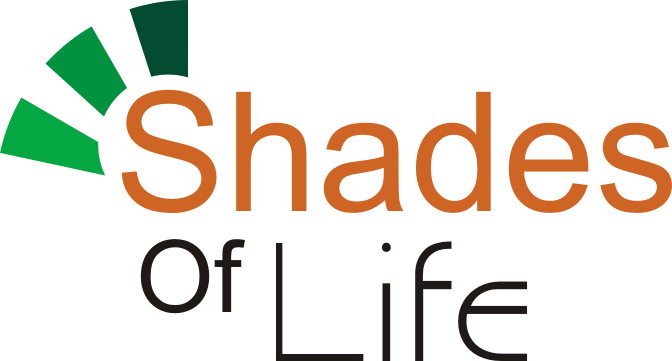Behaviour analysis is the science of behaviour with behaviourism as its underpinning philosophy. The focus is on improving the organisms condition through behaviour change primarily. Over the years this approach has been found more effective rather than less concrete and abstract concepts such as willpower and the mind. The method of analysing behaviour is primarily based on behaviour and its consequences, with individuals being taught more effective ways of recruiting reinforcers by engaging in more appropriate and socially significant behaviour.
Science is defined as “the observation, identification, description, experimental investigation, and theoretical explanation of natural phenomena” (Wilson, L.T., 2009). Thus, there is a systematic approach to acquiring and organising information or knowledge gathered. Thus, the overall goal of science would be to achieve a thorough understanding of the phenomena under study. In the field of applied behaviour analysis, this means socially significant behaviours (example, toilet training, compliance, feeding and others).
Over the years, the science of ABA has been empirically shown to be useful in a wide variety of areas, including substance abuse treatment, parent training, organisational behaviour, feeding problems, sleep-related problems, brain injury rehabilitation, to mention a few. Since ABA was first applied as an intervention for individuals with autism and intellectual disabilities, this practice area has the most extensive evidence base and has received the most recognition.
Additional resources:
Baer, D. M., Wolf, M. M., & Risley, T. R. (1968). Some current dimensions of applied behavior analysis. Journal of Applied Behavior Analysis, 1, 91-97.
Explorable.com, Lyndsay T Wilson (Jun 16, 2009). Definition of Science. Retrieved Feb 06, 2019 from Explorable.com: https://explorable.com/definition-of-science




